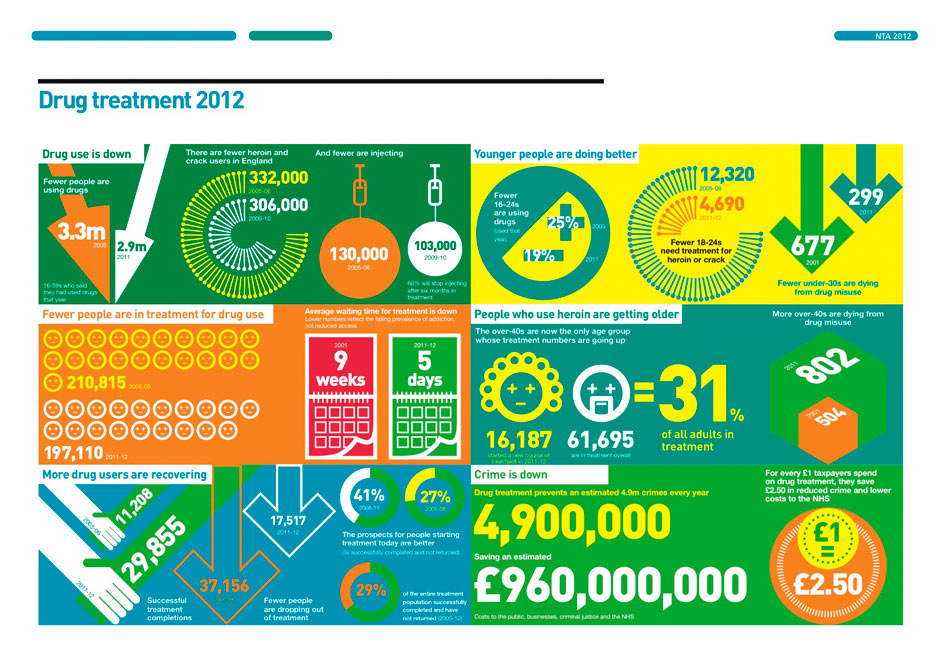Discover The Relevance Of Post-Treatment Care In Substance Misuse Rehabilitation For Sustained Recovery. Discover Exactly How Supportive Networks Can Assist In Preserving Soberness And Producing A Purposeful Existence
Discover The Relevance Of Post-Treatment Care In Substance Misuse Rehabilitation For Sustained Recovery. Discover Exactly How Supportive Networks Can Assist In Preserving Soberness And Producing A Purposeful Existence
Blog Article
Personnel Writer-Vittrup Finch
You can not do it alone. Healing from drug addiction calls for a solid support group.
The relevance of aftercare in drug rehab can not be overemphasized. In this article, we will explore the duty of counseling, the advantages of therapy, and the structure given by peer support groups in maintaining soberness.
So, order a cup of coffee, relax, and allow us lead you via the critical steps of post-rehabilitation support.
The Duty of Therapy in Aftercare
If you want to keep your sobriety after leaving rehab, it's critical that you continue taking part in counseling sessions as part of your aftercare plan.
Therapy plays a vital function in your recovery journey by offering recurring assistance, support, and a safe space to share your sensations and problems.
Via counseling, you can attend to any underlying concerns that may have added to your addiction, create coping approaches, and find out much healthier ways to handle anxiety and food cravings.
It allows you to work through any unsolved feelings and develop a better understanding of yourself and your triggers.
The Benefits of Treatment in Maintaining Soberness
To maintain your soberness, treatment can supply countless advantages.
- Treatment supplies a risk-free room for you to explore and resolve the underlying problems that may have added to your addiction.
- It enables you to work through your feelings and create much healthier methods of handling tension and sets off.
- With therapy, you can gain a better understanding of yourself and your patterns of actions, which can assist you make favorable modifications in your life.
- In addition, therapy provides you with a support group of experts that are trained to direct and aid you on your trip to healing.
- They can provide beneficial insights, tools, and techniques to help you navigate the obstacles that may arise.
- In treatment, you can discover to develop healthy and balanced coping abilities, develop durability, and boost your total well-being.
Peer Support Groups: A Structure for Lasting Recuperation
You can locate long-term recuperation by actively joining peer support groups and getting in touch with others who share comparable experiences and goals.
Peer support groups offer a safe and non-judgmental space where people in recuperation can collaborate to share their struggles, successes, and insights. By actively joining these groups, you can receive the support and inspiration you require to stay on the course of recovery.
Getting in simply click the up coming article with others who have actually undergone comparable experiences can be exceptionally encouraging, as it helps you realize that you aren't alone in your trip. Muse What Causes Drug Addiction In Teenagers 91899 enables you to learn from others who have actually successfully gotten over similar challenges. Together, you can commemorate landmarks, hold each other accountable, and offer advice and recommendations.
With these connections, you can develop a strong support system that will certainly help you navigate the ups and downs of recovery and inevitably discover long lasting healing and makeover.
Final thought
You've found out about the important role of aftercare in drug rehabilitation. Counseling, therapy, and peer support groups add to lasting recovery. Right here's an incredible fact to realize the magnitude of the problem: researches reveal that people that obtain aftercare therapy are 50% more probable to keep soberness contrasted to those that do not.
So, picture the transformative power of these support systems in aiding individuals reclaim their lives and build a brighter, drug-free future.
